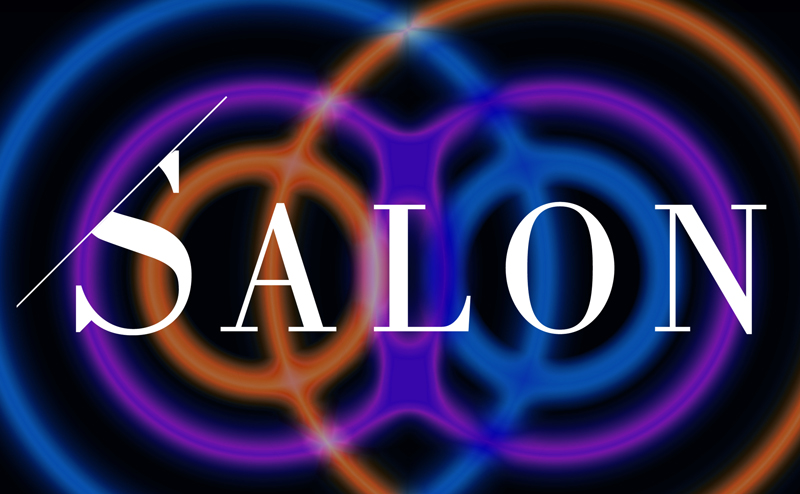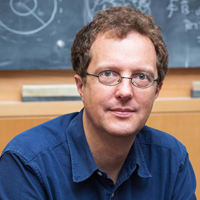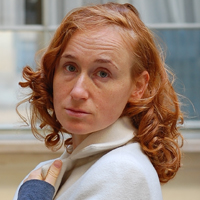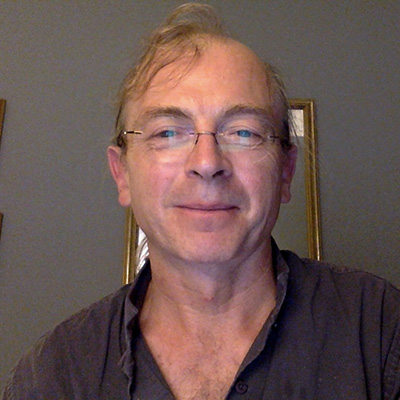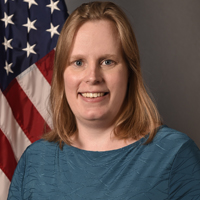One of the strangest features of quantum mechanics is also potentially its most useful: entanglement. By harnessing the ability for two particles to be intimately intertwined across great distances, researchers are working to create technologies that even Einstein could not imagine, from quantum computers that can run millions of calculations in parallel, to new forms of cryptography that may be impossible to crack. Join us as we explore the coming age of quantum technology, which promises to bring with it a far deeper understanding of fundamental physics.
This program is part of the Big Ideas Series, made possible with support from the John Templeton Foundation.







